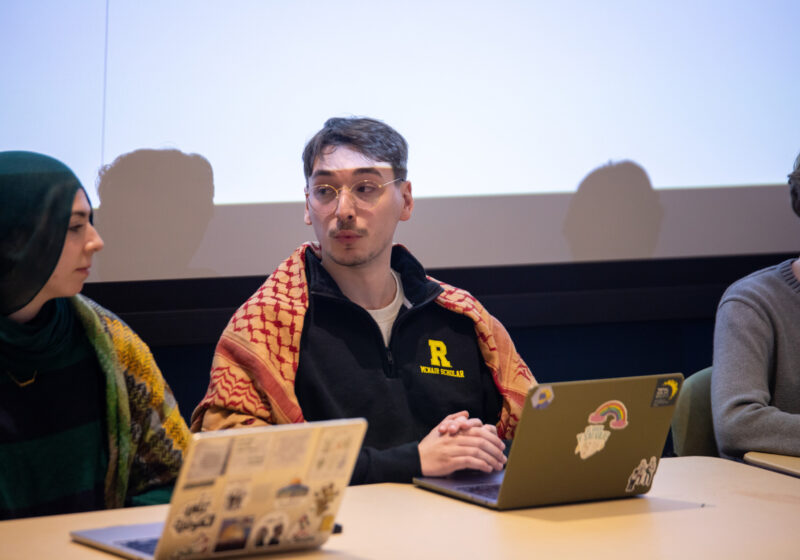The issue of net neutrality has united students and faculty.
The government policy mandating that internet service providers cannot discriminate against customers based on how they use their internet, which will be voted upon by the Federal Communications Commission this month, has spurred members of the University community to speak up against the commission’s likely decision to roll back the regulations.
“Many providers have become financially invested in the internet,” computer science professor Michael Scott said. “Their goal is not to maximize innovation or improve the economy. Their goal is to maximize investments. The internet is existential to modern day life. We are giving the companies who control the bandwidth the ability to control our everyday lives.”
Scott, in a phone interview, said that this financial view companies have could result in competitive content being slowed down to drive up costs of fast internet.
“That really scares me,” he said. “I see us going into the future where it’s difficult, if not impossible, for new companies to get into the marketplace. They don’t have a lot of packets yet, so they aren’t getting the sweetheart deals that companies like Netflix have already established.”
A packet is a bundle of data sent over the internet.
People like Scott are worried that internet service providers could end up infringing on the rights of Americans.
“We need it,” freshman Josh Radin said. “It’s fundamental to our democracy. I don’t want to pay extra for stuff.”
Added junior Will Jones: “Being able to have unadulterated access to information, stuff that is legit and factual, is important.”
Some people are worried that the FCC decision will impact people outside the U.S.
“Net neutrality should be kept,” freshman Dax Emerson said. “I’m disappointed in what the FCC is doing. The United States sets the standard for the internet. This would set the precedent for other countries to do the same.”
At least one student was unsure that efforts to prevent a rollback of net neutrality policy would be successful.
“People can sign a petition, but it won’t stop it,” sophomore Dan Woo said. “The issue is that people don’t care enough, and it will affect internet for the future.”
That sentiment didn’t hold freshman Johnathan Caldon back from trying to make his voice heard.
“I [went] on that Battle for the Net and spammed it six times,” Caldon said. “You can’t do this, because it’s not right to make people pay for internet […] If I have to pay just to get onto Amazon, I mean, come on.”



